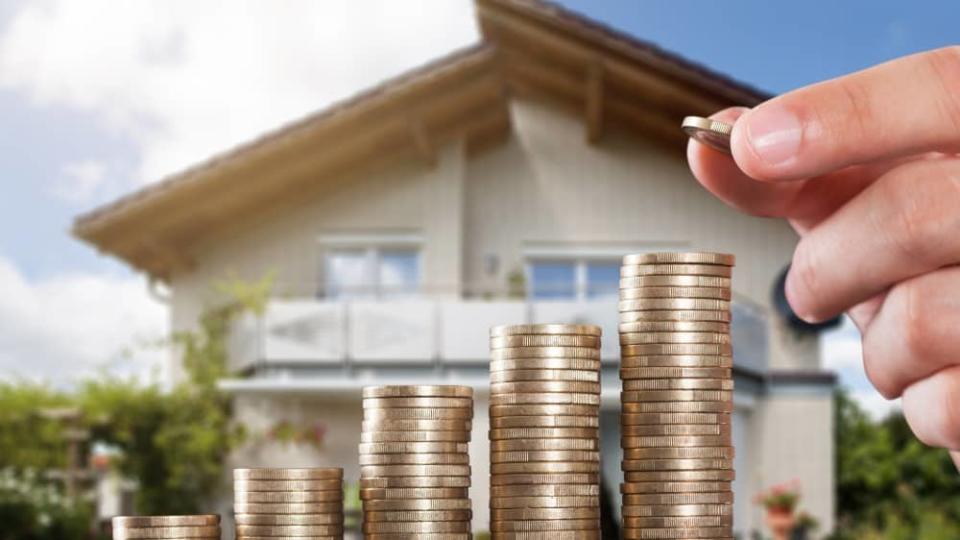House Hacking: Why New Investors Are All Over This Strategy

Written by Amy Legate-Wolfe at The Motley Fool Canada
House hacking has become more and more popular as a passive-income strategy all over the world. The main point is to use the property you already have as an income property. But there is a lot more to it than that as well as mistakes to avoid.
So, let’s get into what exactly house hacking is, whether it’s right for you, and what you can do with that passive income to make even more.
What is house hacking?
As mentioned, house hacking is where you own a property, live in part of it, and rent out other parts. There are many benefits to this option of creating passive income, with the most obvious reducing your overall property payments.
House hacking can reduce or even eliminate your housing costs. You could live rent-free, property tax-free, or at least very cheap. This gives you more flexibility with your income, a way to easily grow your wealth as well as even bring down risks. That’s especially true if you were considering buying another property altogether.
There are many ways to get into this passive-income strategy, as not all of us have an apartment suite in our basements. First, the most obvious is to rent out your room, trying to undercut the average market in your area. You could also move into a multi-unit property, renting out rooms there as well.
Another option is short-term rentals, using applications such as Airbnb or VRBO as a house hacking strategy. And it’s not just if your area is a tourist-friendly one, but if you have students, hospitals, and other options that would make these a good option.
What to do (and avoid)
Now, before you list your second bedroom online, there are a few steps you need to take. First off, meet with your financial advisor and accountant, who can help you set up all the tax implications and insurance policies you’ll need. You may need to take out a loan as well if you need to fix up the unit.
You’ll then need to run the numbers to figure out the rent. After all, you’re going to have even more people living in your home, and that will impact everything: your property taxes, insurance, maintenance and repairs, utilities, operations, and, of course, extra expenses that need to be considered. Altogether, you’ll then need to research the market to see what the best number could be to make passive income.
Then there are things to avoid, such as living in perhaps an undesirable neighbourhood, not budgeting for unforeseen issues, setting aside landlord duties, and not setting boundaries on your tenant. Never mind not looking over local ordinances to make sure you follow the law!
Complicated but lucrative!
House hacking can certainly be seen as complicated to start off with. And I’m not going to lie; it is. But if you take the time to set up properly, then you can look forward to simple passive income coming in. And better still, you should be able to pay down those loans and your mortgage and even have cash left over to invest.
In fact, if you want even more passive income to create some additional padding, consider investing in a real estate investment trust (REIT). To gain exposure to another form of property, I would consider a stock such as Granite REIT (TSX:GRT.UN). This gives you exposure to the comeback of the industrial sector, with these properties a necessity in our everyday life for shipping, receiving, and assembly of items.
Combined, you could create thousands in passive income, especially with the dividend stock holding a 4.49% dividend yield as of writing. So, if house hacking sounds good to you, get started! Bring in that passive income for life.
The post House Hacking: Why New Investors Are All Over This Strategy appeared first on The Motley Fool Canada.
Should you invest $1,000 in Granite Real Estate Investment Trust right now?
Before you buy stock in Granite Real Estate Investment Trust, consider this:
The Motley Fool Stock Advisor Canada analyst team just identified what they believe are the 10 best stocks for investors to buy now… and Granite Real Estate Investment Trust wasn’t one of them. The 10 stocks that made the cut could potentially produce monster returns in the coming years.
Consider MercadoLibre, which we first recommended on January 8, 2014 ... if you invested $1,000 in the “eBay of Latin America” at the time of our recommendation, you’d have $17,988!*
Stock Advisor Canada provides investors with an easy-to-follow blueprint for success, including guidance on building a portfolio, regular updates from analysts, and two new stock picks each month – one from Canada and one from the U.S. The Stock Advisor Canada service has outperformed the return of S&P/TSX Composite Index by 35 percentage points since 2013*.
See the 10 stocks * Returns as of 1/24/24
More reading
Can You Guess the 10 Most Popular Canadian Stocks? (If You Own Them, You Might Be Losing Out.)
How to Build a Bulletproof Monthly Passive-Income Portfolio in 2024 With Just $25,000
Fool contributor Amy Legate-Wolfe has no position in any of the stocks mentioned. The Motley Fool recommends Airbnb and Granite Real Estate Investment Trust. The Motley Fool has a disclosure policy.
2024

 Yahoo Finance
Yahoo Finance 